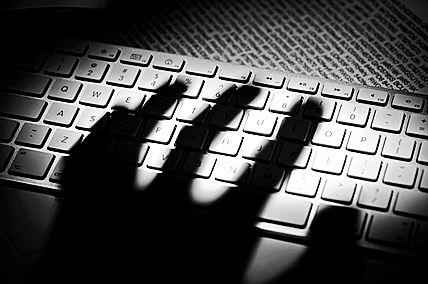[ad_1]
Online platforms in India must remove content flagged as fake or false by the central government’s fact-checking mechanisms, according to the revised draft amendments to the Information Technology (Intermediary Guidelines and Digital Media Ethics Code) Rules, 2021.
The Ministry of Electronics and Information Technology (MeitY) on Tuesday released the revised draft IT Rules days after introducing amendments related to online gaming companies. The ministry has invited feedback on the draft amendments by January 25.
The rules require all platforms acting as intermediaries between users and the Internet to ensure some due diligence while hosting content. These rules apply to social media intermediaries, significant social media intermediaries (with more than five million users), and online gaming intermediaries.
Section 3 (1) (b) (v) of the current rules says an intermediary must make efforts to cause the user of its computer resource not to host, display, upload, modify, publish, transmit, store, update or share any information that deceives or misleads the addressee about the origin of the message or knowingly and intentionally communicates any misinformation or information which is patently false and untrue or misleading in nature.
The draft proposes the addition of the following words: “Or is identified as fake or false by the fact check unit at the Press Information Bureau of the Ministry of Information and Broadcasting or other agency authorised by the Central Government for fact-checking or, in respect of any business of the Central Government, by its department in which such business is transacted under the rules of business made under clause (3) of article 77 of the Constitution.”
Social media platforms follow their own fact-checking procedures to remove misinformation. However, there have been growing disagreements between them and the government about these processes and allegedly selective filtering of content.
Rajeev Chandrasekhar, the Union minister of state for electronics and information technologies, has said on multiple occasions that the policies were aimed at ensuring an open, safe, trusted and accountable Internet for its users.
“Disinformation has the effect of undermining our fundamental right to free speech and also a threat to Democracy [and] open debate. We must regulate and stop disinformation to ensure a safe and trusted Internet and democracy,” Chandrasekhar had tweeted in December, in response to the revelation of the “Twitter Files”, which alleged the microblogging site was manipulating tweets and other information on the platform.
The government may revise the IT Rules 2021 if social media intermediaries abuse their power and restrict free speech on their platforms, Chandrasekhar had told reporters, when asked about alleged unfair content moderation policies of social media companies.
[ad_2]
Source link



